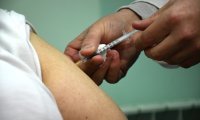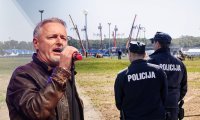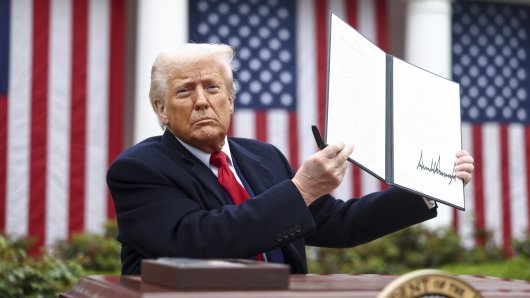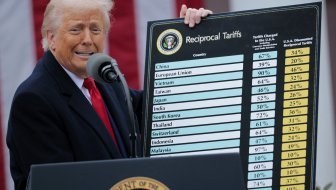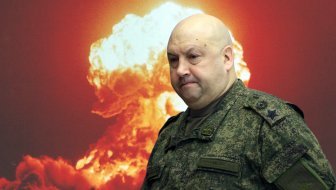Bosnia-Herzegovina on Tuesday marked its Independence Day in memory of a 1992 referendum at which citizens of the then Socialist Republic of BiH voted for severing ties with the then Socialist Yugoslavia.
However, this public holiday was being celebrated in the Bosniak-Croat entity, while the authorities of the other entity - the Republic of Srpska - ignored, as it had in previous years.
In Sarajevo, the Croat and Bosniak (Bosnian Muslim) members of the country's three-man presidency - Zeljko Komsic and Bakir Izetbegovic - laid wreaths at memorial sites in commemoration of victims of the 1992-1995 war and of the Second World War.
The referendum on independence was held on 29 February and 1 March 1992 at the recommendation of the Badinter commission, which had been founded by the Council of Ministers of the then European Community.
About sixty-five percent of eligible voters took part in the referendum on February 29 and March 1, 1992, despite the Serb Democratic Party's (SDS) efforts to thwart it, with 99 per cent voting for an independent Bosnia-Herzegovina.
As early as March 1, paramilitaries of the SDS party led by Radovan Karadzic set up barricades in Sarajevo, blocking the Bosnian capital and paving the way for the war that ensued.
During the adoption of the decision on calling the referendum in the Bosnian parliament in Sarajevo in February 1992, Karadzic publicly threatened with war in case of the referendum. He warned that the decision on the referendum "will push Bosnia-Herzegovina into war, and the Muslim people may even become extinct."
The present-day Bosnian Serb leadership also refuses to accept March 1 as a national holiday,
Radovan Karadzic is in the Scheveningen detention centre in The Hague where he is being tried by the International Criminal Tribunal for the former Yugoslavia which charged him with genocide and other war crimes, including the 1995 massacre of 8,000 Muslims at Srebrenica.










